What type of piano should I buy if I’m just starting?
If you or a family member are planning to take piano lessons, you’re going to need an instrument at home in order to practice. Like every big purchase, you must be armed with a lot of research before you purchase an instrument.

Should I purchase an electric or electronic keyboard?
Maybe, but probably not. Electric keyboards, any instrument with a traditional piano keyboard but plugs in to an outlet and has no strings is what we will call an electric keyboard. The ideal answer to this question is, no, you cannot.
These keyboards or synthesizers are incredible instruments and should not be looked at as the black sheep of the piano family but there are limitations with these instruments. First, unless you purchase a professional grade acoustic model, you probably won’t have the 88 keys that come on a traditional piano. At the beginning of your piano lessons you won’t need all of these keys but soon enough, you’ll run out of keys on that synthesizer.
Second, without a professional level acoustic piano, the keys won’t feel the same as a traditional piano and this will cause problems as you become a better player. In order to purchase an electric piano that closely simulates the feel of a real piano, you’ll pay as much as the cost of buying a new or quality used piano.
Of course, if you find a synthesizer that works well at an incredible price, you could use that until you start playing more complex music but at some point you will probably need a real piano. Having a real piano is ideal but if your only option is a synthesizer, that will be just fine for the beginning stages.
How much should I pay for a piano?
You’ve probably noticed that pianos range from affordable to more money than even the nicest home. If money weren’t an issue (wouldn’t that be nice) you would be best served to purchase an intermediate model piano that would last you as long as you played. If you get a beginning model, it may require a lot of tuning or break after a few years. You don’t need a luxury, professional line piano unless you play for a long time and decide that you want to make a career of piano or have the financial means to do it.
Remember, some people purchase pianos for their children and when they grow older and move out, moms and dads want the piano to go with them. You can find great used pianos for bargain prices in your community. Before purchasing, pay a piano technician to check the condition of the sound board and keys.
What brands should I focus on?
Like most products, this is largely a matter of opinion. Most musical instruments in the intermediate category are handmade so there can be beautiful sounding instruments as well as musical lemons in every brand. Most people buying a musical instrument will play multiple instruments from the same make and model before deciding on one. Brand names like Steinway and Baldwin and Yamaha and Kawaii are commonly considered trusted names but others may be just as good. If I could afford a Bosendorfer, that would be my first choice, but certainly not for a beginner. This is another one of those times were a piano technician can help you and paying them a little bit of money to evaluate the instrument is money well spent.
How often should I have my piano tuned?
Tuning not only makes the piano sound good, it keeps the strings properly tensioned. Consistent tension not only keeps the strings sounding good but it also keeps the proper and even tension on the soundboard which helps to keep it from cracking. When you tune a piano once every 6 months to a year, it will stay in tune longer and the tone of the piano will improve. (By the way, you cannot tune a piano yourself. If you have a DIY type of person in the house, don’t let them touch the piano.)
Bottom Line
Keep reading. Before heading out to purchase an instrument, learn everything you can about what to look for in a quality piano. There are plenty of resources on this site as well as piano manufacturer sites, consumer sites, blogs, and forums.


